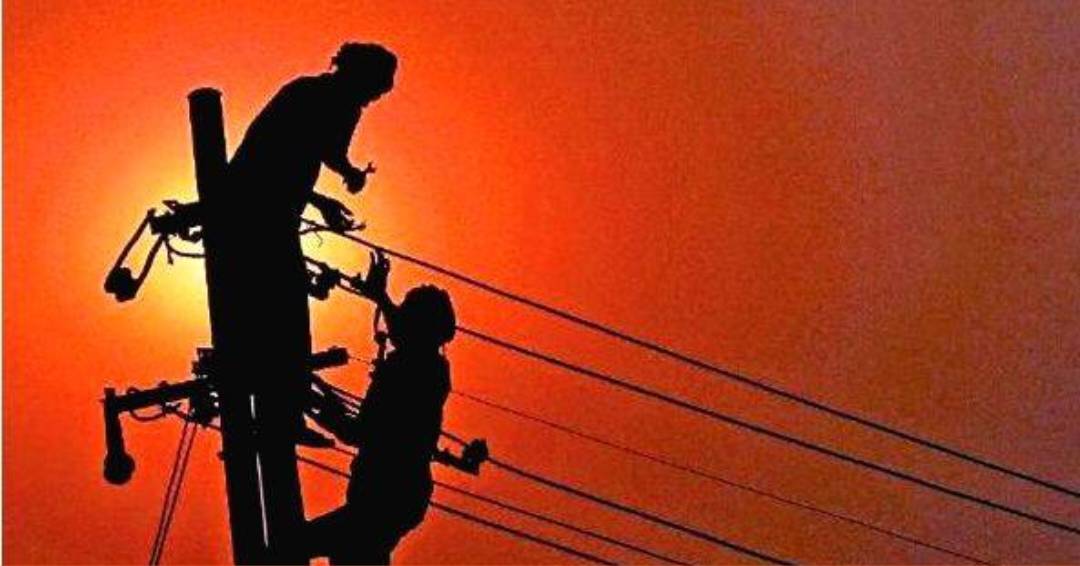
As the deadline for nationwide installation of smart meters approaches, the Kerala Government faces the possibility of being ousted from the Centrally-aided Revamped Distribution Sector Scheme (RDSS) due to its objections to a crucial provision. Seeking legal advice on the implications of withdrawing from the scheme, the Kerala State Electricity Board (KSEB) could lose a significant Rs 4,000 crore in assistance, as envisioned in the scheme aimed at reducing technical and commercial losses.
The bone of contention lies in the TOTEX (total expenditure) mode proposed by the Centre, where the contract company would bear the full expenses of installing and maintaining smart meters, to be repaid in installments by the State. While Kerala supports the RDSS scheme and smart meters, it opposes the TOTEX mode, fearing it could lead to privatization of the power distribution system, drawing objections from KSEB employees’ unions and the CPM politburo.
The initial tender for the project faced hurdles due to trade union opposition, preventing the installation of 37 lakh smart meters by the December deadline. The minimum rate quoted by the company is 50% higher than expected, raising financial concerns for the State if the tender is executed. The implementation of new generation energy meters aims to accurately record electricity consumption in real-time and replace the existing slab system.
Despite the challenges, the Government of India’s scheme seeks to achieve its ambitious targets of reducing losses and bridging the cost-revenue gap in power distribution by 2024-25. However, Kerala’s stance on the TOTEX mode remains a significant hurdle in the successful execution of the project.

Post Your Comments